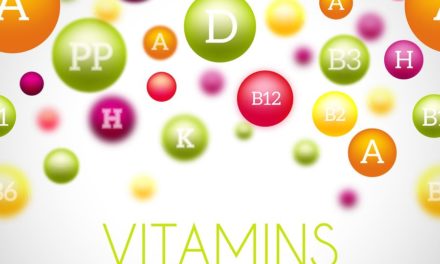Pain may be Affected by Emotions
Texas A&M University psychologist Mary W. Meagher, who has conducted pain research for 16 years, has found a link between emotions and pain. She says that fear and anxiety affect how a person experiences pain. Fear tends to reduce pain, anxiety increases it. She says, “From a clinical perspective, these data suggest that a patient anticipating an unpredictable threatening event will experience enhanced pain,” she says. “In contrast, a patient that has been exposed to a threatening event will experience a fear state that inhibits pain processing.”
Fear is an immediate reaction to a specific, present threat. Fear triggers the “fight or flight” response; there is a desire to escape and specific physiologic changes. Anxiety is vaguer; there is not a specific threat. The focus is on the future; there is anticipation of potential threats. The person is scanning the environment and his or her body, increasing sensory input.
The “fight or flight” response of fear reduces pain. This reduction in pain is better for survival because the body may need to respond to a specific threat. If the cave man is confronted by the saber tooth tiger, he can run fast, even though his knee was sore just a few minutes earlier.
Anxiety, on the other hand, occurs when there is not an immediate, specific threat. Increased awareness of pain when there is no specific threat enhances survival because behavior can be altered to minimize tissue damage.
According to Meagher, positive emotions can reduce pain, but only at a low level of emotional intensity. Negative emotions, on the other hand, can lead to pain reduction when they are intense.






